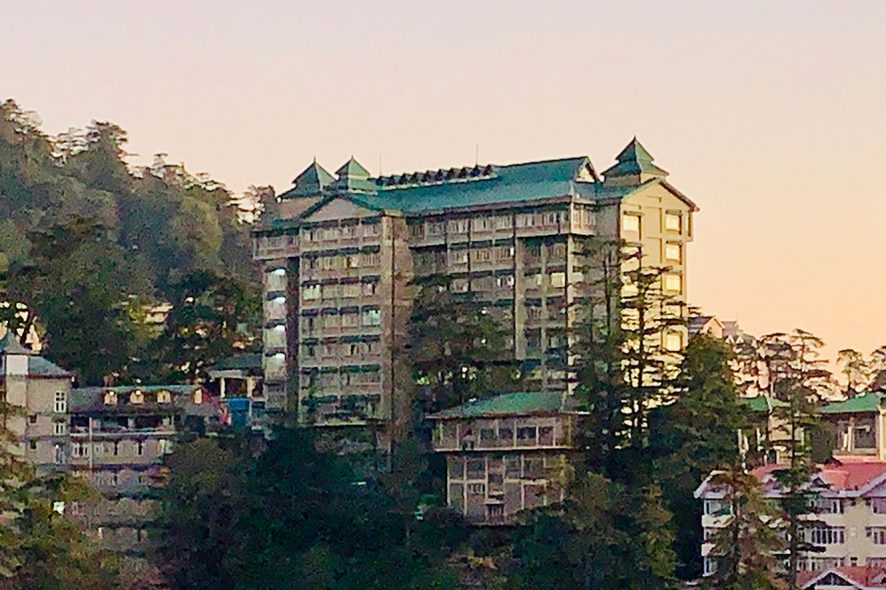Himachal Pradesh High Court: A Division Bench comprising of Tarlok Singh Chauhan and Chander Bhusan Barowalia, JJ., decided a criminal writ petition, wherein the minor petitioner was sent to Balika Ashram considering welfare of the minor child.
The petitioner was a minor girl who met one ‘L’ through facebook and they developed mutual feelings for each other. The petitioner expressed to her parents that she wanted to marry ‘L’, but her parents did not agree. However, the petitioner married ‘L’ against wishes of her parents and was living with his family. The parents of the petitioner lodged complaint against ‘L’ under various sections of IPC and the POCSO Act, pursuant to which ‘L’ was arrested. The petitioner was handed over to her parents by the police. However, the petitioner came back and was since then living with parents of ‘L’. Question before the Court in this case was whether it should continue to entrust the custody of the minor child to father of ‘L’?
The Court took notice of the fact that despite being served, father of the petitioner did not appear in the Court. It was observed that in such like cases, the court has to exercise parens-patriae jurisdiction as first and paramount consideration is the welfare of the minor child, especially when natural parents refuse to accept the child. The Court held that though father of ‘L’ kept the petitioner like his own daughter, yet the custody of the petitioner could not be granted to him, as on the date he had virtually no relation with the petitioner. In the given circumstances, the Court was of the considered opinion that sending the petitioner to Balika Ashram till the time she attains majority, would be in her best interest. After that she would be free to go wherever she likes and marry whoever she wants. Directions were made accordingly. [‘K’ v. State of H.P., 2018 SCC OnLine HP 432, order dated 12.4.2018]






